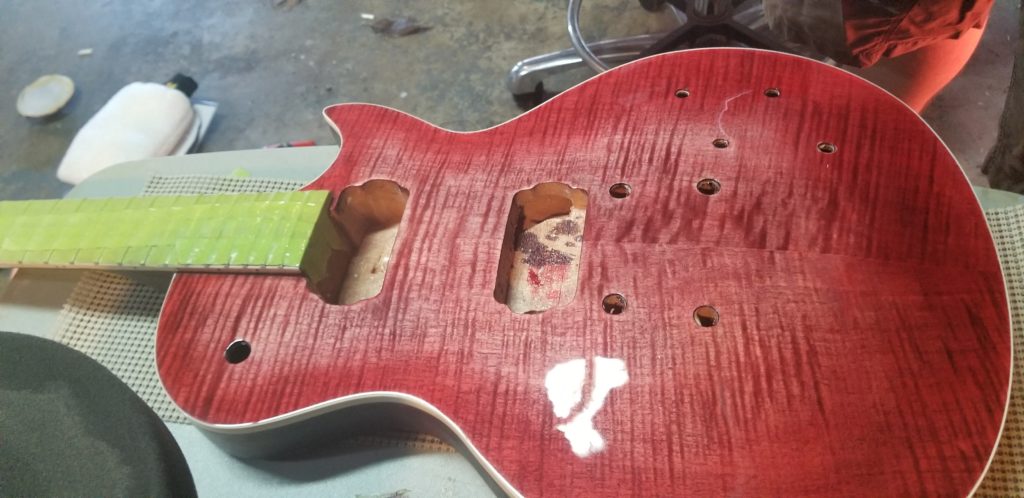

Activists and observers say authorities shunned and insulted the people. The families of the boys approached authorities and asked for their sons’ release. Residents found out their boys were being beaten and tortured in prison. Such graffiti was becoming so common in the region that ID was needed to buy spray cans.īut these arrests struck a chord. When the schoolchildren were arrested in late February 2011, they were accused of scrawling graffiti on a school that said “the people want to topple the regime.” Masalmeh, the activist, said security went to a school, interrogated students and rounded up suspects. People know one another and the relationships are close in the city and in the nearby villages and towns. Tribal and predominantly Sunni, Daraa is like many small towns. Nevertheless, it had been a reliable bastion of support for the regime and its Baath party. It has had its economic struggles, such as drought and drops in subsidies and salaries. Remote Daraa sits just a few miles from the Jordanian border. Protests popped up in Syria as video images of public defiance in Egypt, Libya and Tunisia swept the world – small outpourings seen by observers as tests to build a Syrian nerve to take to the streets. When the Arab Spring unfolded last year, Syrians imbibed the contagious revolutionary fervor spreading across the Middle East.īut the anger smoldered under the surface because of the Goliath-sized, all-seeing and all-knowing security and spying apparatus. There was sectarian and ethnic unrest in the last decade, too, with a Druze uprising flaring in 2000 and a Kurdish rebellion erupting in 2004. When Bashar al-Assad took the presidency after his father died in 2000, he gave lip service to reforms.īut activists who emerged from the so-called Damascus Spring after the death of Hafez and those in 2005 who urged reforming what they said was an “authoritarian, totalitarian and cliquish regime” found themselves in trouble with the authorities. Omar Almuqdad, a journalist from Daraa now living in Turkey, said, “They started protesting day after day.”ĭiscontent in Syria has slow-burned for decades.Ī clampdown on a a Muslim Brotherhood uprising by the current president’s predecessor and father – President Hafez Assad – killed thousands in Hama in 1982. “What people did in Daraa was unheard of,” he said. Mohamed Masalmeh – a Halifax, Nova Scotia-based Syrian activist whose family hails from Daraa – said Daraa residents broke the people’s “wall of fear” by defying what he and others call a police state and taking to the street. Bouazizi’s act and death spawned demonstrations that led to the grassroots ouster of Tunisian President Zine El Abidine Ben Ali and fueled other protests across the Arab world. Syrians compare the dramatic dynamics in the rural city to the moment Tunisian street vendor Mohamed Bouazizi torched himself in December 2010.


 0 kommentar(er)
0 kommentar(er)
